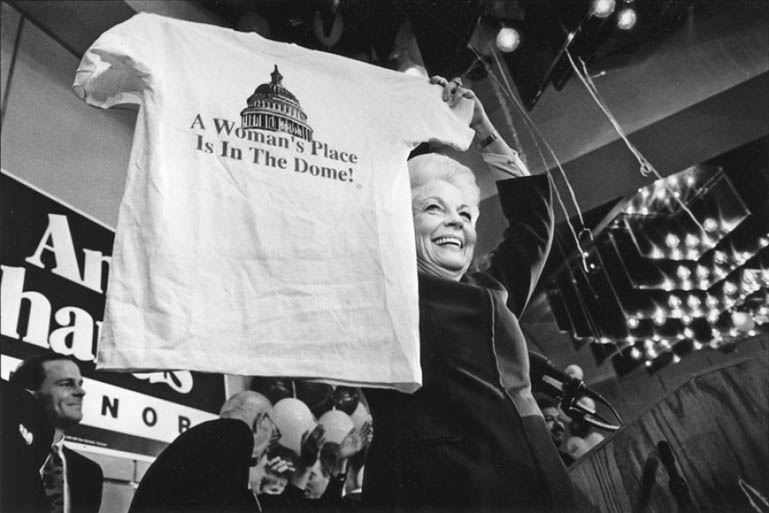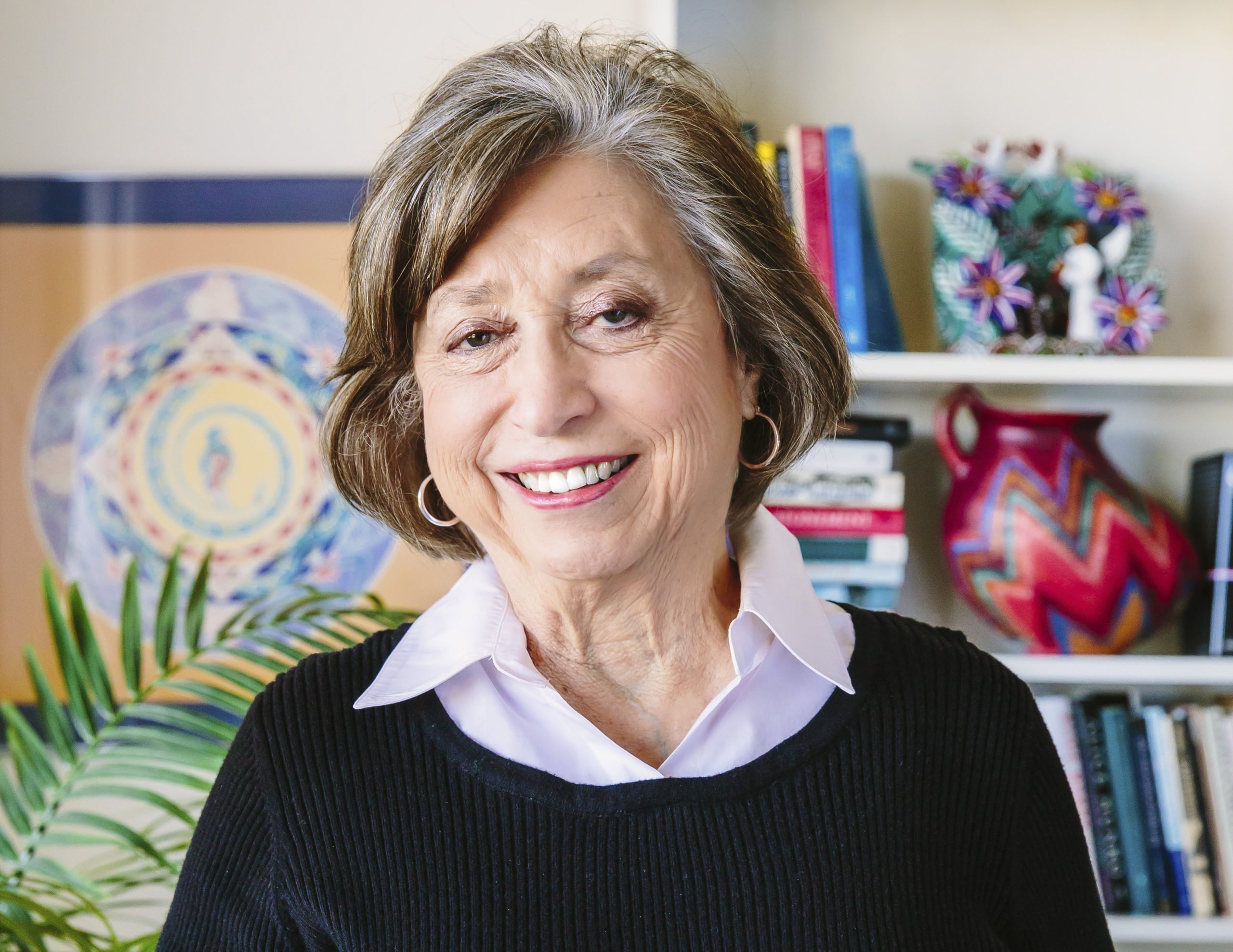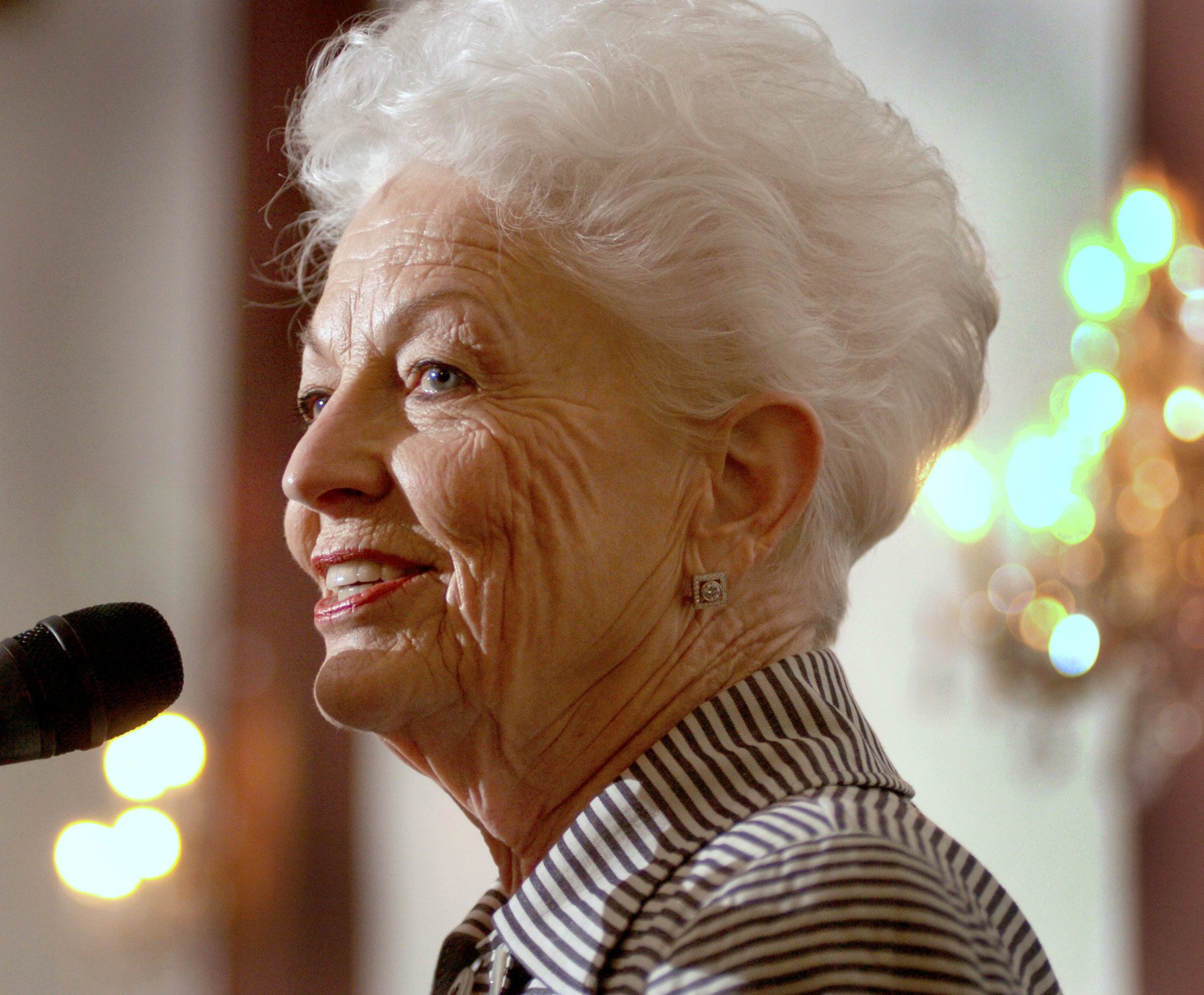
Ann Richards’ Legacy
A version of this story ran in the October 2012 issue.
Six years have passed since cancer claimed Ann Richards. I miss her, and so do many others.
I first met Ann in 1972. A group of Texas women were strategizing about how to change laws and customs that limited us from making our own decisions. It was a time when women were only allowed to run half-court in basketball. Women couldn’t get credit unless they had a man—typically a husband or a father—co-sign the application. Women were generally not allowed to continue to teach in public schools if they became pregnant.
It was a time when women who were raped faced suspicion in police stations and in court. Women often had a difficult time getting contraception; the health center at the University of Texas at Austin wouldn’t allow a woman to receive birth control unless she certified that she was within six weeks of marriage. Abortion was illegal “except to save the life of the woman.”
It was a time when we needed someone with experience who was willing to guide us in the fight for change. Patty Rochelle, whose mother-in-law Betty was one of Ann’s best friends, and Caryl Yontz suggested that we plead with Ann to help my campaign for the Texas House. She had worked a number of elections, organized efforts in Dallas, and had been active in the Young Democrats. We had lunch at the modest Alamo Hotel at West 6th and Guadalupe streets. Maybe Ann was swept away by our idealism, our enthusiasm, or our obvious need for guidance, but we didn’t leave until she agreed to help us.
Ann had invaluable ideas. For example, during my 1972 campaign for the Texas House, our table at the election rally was overlooked because of the sea of candidates competing for attention. My Republican opponent’s children were dressed as clowns as they handed out emery boards and other knick-knacks. Ann came up with the idea of putting my campaign sticker on cheap white paper sacks for people to hold the handouts from the other candidates. Thanks to Ann’s brilliance, everyone was walking around with a “Weddington sack.”
She and her family volunteered countless hours during my campaign and were with me on election night when I became the first woman to represent Austin-Travis County in the Texas Legislature. I was one of five women elected to the House that year—a record number. She was in my office at the Capitol for another historic moment: when the call came on Jan. 22, 1973, telling me I had won Roe v. Wade.
Ann was essential as we formed the Texas Foundation for Women’s Resources (now the Foundation for Women’s Resources) and set about empowering women to be leaders and to open leadership positions to women. By 1977 we had made the original changes we had set out to make, and Ann was the central figure around whom we revolved.
Someone once asked her if it was true that I had no sense of humor. Her reply was, “No. It’s just that you have to say to Sarah, ‘Now this is a joke,’ and then she’ll laugh.” Ann taught me you can’t be timid with humor; you have to “punch” it.
Her Republican opponent in the 1990 gubernatorial race, Clayton Williams, was the epitome of the Texas businessman. Molly Ivins wrote, “Ann was the candidate of everybody else, especially women. She represented all of us who have lived with and learned to handle good ol’ boys, and she did it with laughter.”
Perhaps Ann and her ex-husband David’s best legacy to Texas is their daughter Cecile Richards, who is now President of the Planned Parenthood Federation of America and the Planned Parenthood Action Fund. Cecile is leading a new generation in the fight for women’s rights, and my generation is counting on this new movement to continue the legacy that Ann, myself, and the many women supporting our cause, began many years ago.
Ann now rests at the Texas State Cemetery in Austin. Her grave marker reads, “Today we have a vision of a Texas where opportunity knows no race, no gender, no color—a glimpse of what can happen in government if we simply open the doors and let the people in.”
My gravesite is about 50 feet away from hers. Hopefully, when I call the Texas State Cemetery home, we will have great late-night conversations, remembering our battles of the past and celebrating the victories that live after us.
Sarah Weddington won the U.S. Supreme Court case Roe v. Wade and was the first woman elected to the Texas House from Austin/Travis County.


